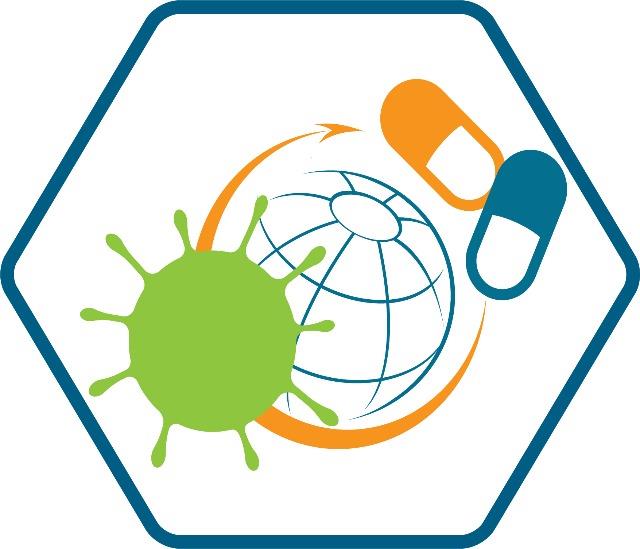Membership of the WeCAHN Equine Network includes veterinary practitioners, laboratory diagnosticians, veterinary college researchers, and provincial ministry staff including veterinary epidemiologists.
Latest WeCAHN Equine Network Reports
READ MORE
Canadian Horse Identification Program (CHIP)
Equine Canada is pleased to announce the launch of the Canadian Horse Identification Program (CHIP). It is a national equine id and traceability program, with the 124-000 microchips at the heart. The ‘124-000’ prefix designates that the microchip ID numbers are unique to Canada under the ISO international standards 11784 and 11785, and that the number is in a series allocated by the Canadian Food Inspection Agency (CFIA). Equestrian Canada was granted the use of the number series for equine microchips to use as part of our traceability program for all equines born and/or domiciling in Canada, not just those registered in EC for competition. The registration of equines in the CHIP data base is open to all equines regardless of the microchip number or if they are not microchipped. The platform will unfold this year, and the microchips will be in stock in March to order through our partner, EIDAP.
For more information, visit www.everyhorsecounts.ca
Equine Guelph and the Equine Disease Communication Center Announce the New Biosecurity Risk Calculator 2.0
A new, innovative online healthcare tool to help horse owners better manage and understand biosecurity risks is now available through a partnership between Equine Guelph and the Equine Disease Communication Center (EDCC).
The Biosecurity Risk Calculator is designed to assess and manage infectious disease risks. The new partnership between Equine Guelph and the EDCC will enhance the tool’s educational resources and outreach.
The Biosecurity Risk Calculator is now available for free at TheHorsePortal.com/BiosecurityTool and on the EDCC biosecurity page. The enhanced tool provides users with easy access to vital information and personalized risk assessments. This tool empowers the equine community to take proactive steps in preventing the spread of infectious diseases. In just ten minutes, you can calculate, manage, and minimize biosecurity threats to keep your equine friends healthy by going through ten categories for your farm or facility’s score.
For more information: visit www.equinediseasecc.org
WeCAHN Podcast: WeCAHN Equine Health Update: Strangles Risk and Prevention in Western Canada
Dr. Ashley Whitehead, a large animal internal medicine specialist at the University of Calgary’s faculty of veterinary medicine, reviews recent disease patterns of equine strangles infections in western Canada and the most effective biosecurity strategies to protect your horses. Equine strangles, a bacterial infection known as Streptococcus equi subspecies equi, is of concern to anyone who shows, trains, breeds, transports or travels with their horses.
Listen to this episode.
Equine Disease Communications Center (EDCC) strangles resources
The upper respiratory disease commonly referred to as strangles is caused by Streptococcus equi subsp equi. Strangles is spread from horse to horse through direct contact. Horses can also contract the disease by coming into contact with contaminated surfaces. The disease is highly infectious.
Horses infected with strangles typically show symptoms in 3-8 days. Common clinical signs include fever, nasal discharge, swollen lymph nodes that may abscess, throat inflammation, wheezing, and coughing.
For the latest strangles alerts, along with an overview of clinical signs, diagnosis, treatment, and prevention, visit the EDCC.
Ontario Animal Health Network (OAHN) strangles resources
The OAHN offers a range of public resources on strangles, including general information resources, OAHN strangles podcasts and and biosecurity procedures, and a strangles webinar video from standardbred Canada.
Explore the full collection of strangles resources by visiting the OAHN equine network.

Canadian Animal Health Surveillance System Equine Network LINK
Equine Disease Communications Center LINK
Equine Guelph Biosecurity Risk Calculator LINK
What's new in the information library
READ MORE
Latest additions to WeCAHN equine surveillance projects and programs library
READ MORE
Following are collections of documents from the WeCAHN information library in the areas of equine emerging issues, infographics and short summaries, and international equine surveillance and research.
Visitors using older browsers please note that for each of the following graphics below, hovering underneath the black font text will identify the area (“READ MORE”) to click on, to access the linked web pages.

Emerging issues
Emerging equine health issues such as antimicrobial resistance, emerging diseases, and zoonoses.

Infographics and summaries
Infographics and summaries on equine health and surveillance topics

International equine surveillance, research, and foreign animal diseases
Foreign equine diseases, international equine health surveillance, and research